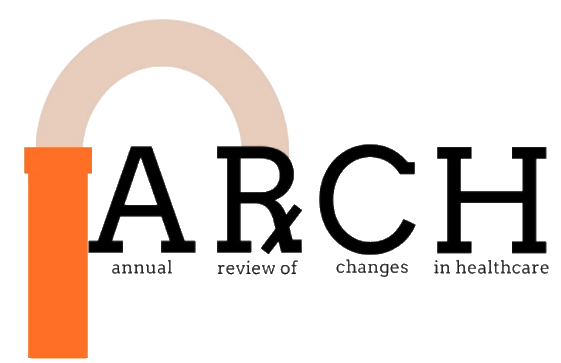The Rising Incidence of C. Difficile and Bezlotoxumab: The Targeting of Toxin B
|
Brian Schuler
|
Abstract
Clostridium difficile (C. difficile) infection has become a growing issue facing hospitals in North America and Europe. Each case of C. difficile infection is now being shown to add $7,200 to the cost of a patient’s stay. These growing incidents and costs have spurred research in new treatments of this infection. Metronidazole and oral vancomycin continue to be the preferred first-line drugs with the macrocyclic agent, fidaxomicin, a possible option for some patients. From a more procedural route, fecal microbiota transplants are seeing an increase in use due to their high success rate.
Bezlotoxumab (Zinplava), a monoclonal antibody approaches C. difficile treatment from a different angle. When used with a C. difficile targeting antibiotic, bezlotoxumab binds to Toxin B, a sizable and destructive toxin released by the C. difficile bacterium. By binding to this toxin, bezlotoxumab gives the gastrointestinal mucosa time to heal and time for the normal flora to grow. Bezlotoxumab is not a replacement for antibiotics.
The MODIFY I and MODIFY II trials were the largest conducted trials to date for C. difficile treatment. These trials studied nearly 2,700 patients worldwide and compared bezlotoxumab to placebo and actoxumab, a monoclonal antibody that instead targeted Toxin A. Actoxumab was found to be ineffective, however, the completion of both trials showed bezlotoxumab to be superior to placebo and to significantly reduce the C. difficile recurrence rates (p=0.0003).
Bezlotoxumab (Zinplava), a monoclonal antibody approaches C. difficile treatment from a different angle. When used with a C. difficile targeting antibiotic, bezlotoxumab binds to Toxin B, a sizable and destructive toxin released by the C. difficile bacterium. By binding to this toxin, bezlotoxumab gives the gastrointestinal mucosa time to heal and time for the normal flora to grow. Bezlotoxumab is not a replacement for antibiotics.
The MODIFY I and MODIFY II trials were the largest conducted trials to date for C. difficile treatment. These trials studied nearly 2,700 patients worldwide and compared bezlotoxumab to placebo and actoxumab, a monoclonal antibody that instead targeted Toxin A. Actoxumab was found to be ineffective, however, the completion of both trials showed bezlotoxumab to be superior to placebo and to significantly reduce the C. difficile recurrence rates (p=0.0003).
Full Text
| Vol1Article4.pdf | |
| File Size: | 428 kb |
| File Type: | |



